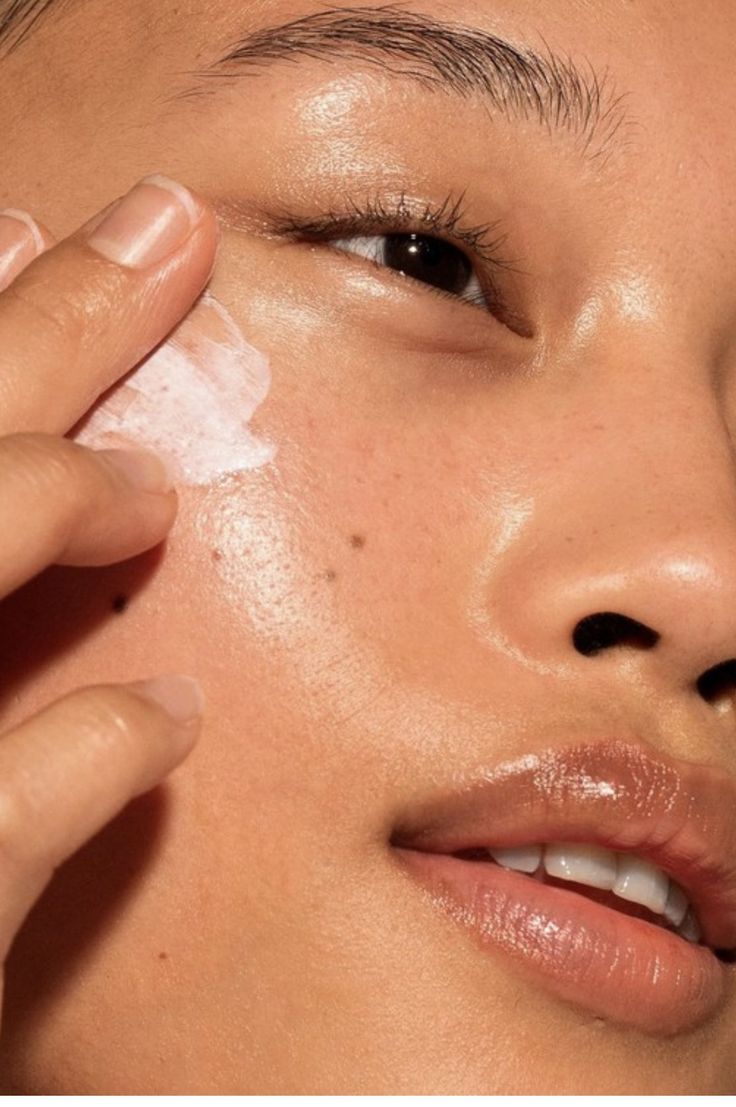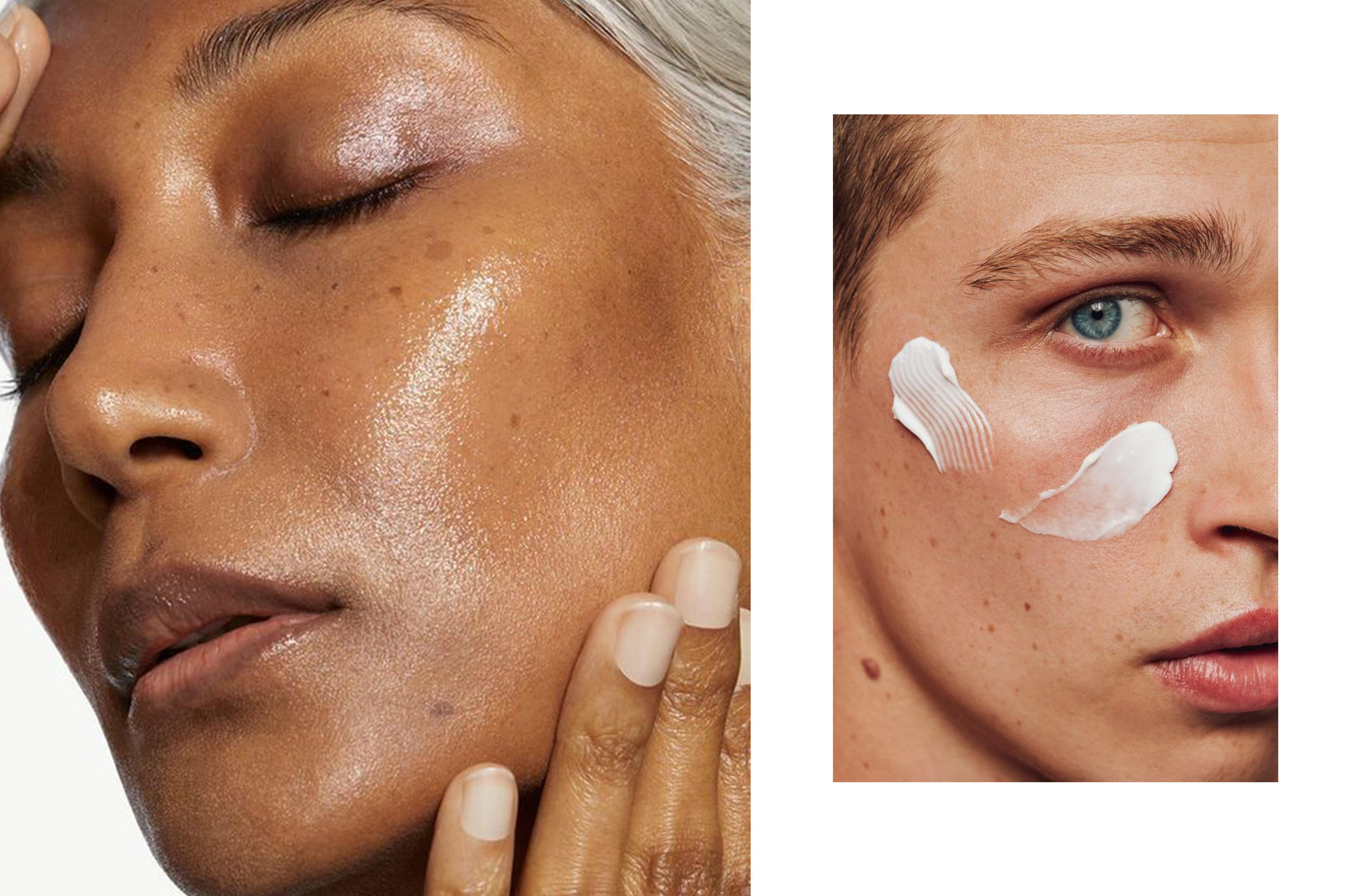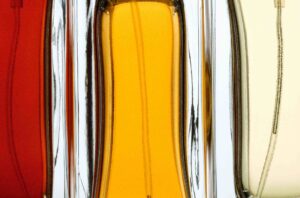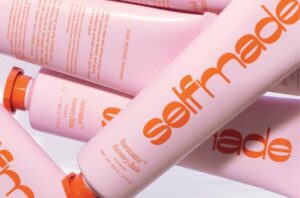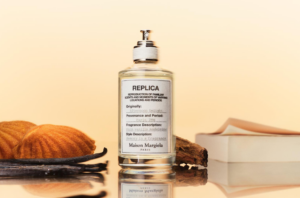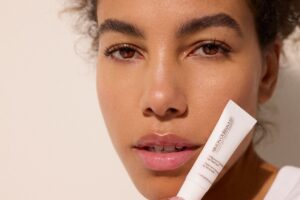The importance of a moisturizer is now a well-established fact for all beauty gurus and industry experts at every level. Regardless of the degree of experience and knowledge in the skincare world, this product represents the first thought for anyone wishing to take care of their skin and for those approaching a skincare routine for the first time. A moisturizer is, in the common imagination, the product most closely associated with skincare, thanks to its user-friendliness and availability in a wide range of formulas suitable for different skin types, making it accessible to everyone, regardless of skincare knowledge. Assuming that almost everyone has a moisturizer (whether purchased out of passion, for its soothing effect, or received as a Christmas gift from their mother-in-law), do we really know why this product is so universal and what its functions are?
The term “moisturizer” was originated as a marketing invention based on the idea that it simply moisturizes the skin, when in reality, it can do much more. While the primary and most well-known function of moisturizer is to act as a topical treatment that reduces symptoms of dry skin and makes rough skin smoother, its true bonus point lies in its ability to trap water molecules in the epidermis and prevent them from dispersing, thus hydrating the skin deeply from within. Additionally, depending on the ingredients in the formulation, the cream can also repair the skin barrier, have anti-aging and anti-inflammatory properties, and alleviate discomfort from skin conditions such as dermatitis and eczema.
Moreover, in terms of consistency, most moisturizers come in the form of oil and water emulsions, giving them a velvety and soft texture. Formulas with a higher water concentration may have a gel-like texture (often without oils), while those with higher oil concentrations tend to be like rich and silky balms.

What functions should a well-formulated moisturizer perform?
Moisturizers – Restore Moisture
When moisture is lacking in the dermis, the outermost layer (what we feel and see) of the skin becomes dry, dehydrated, and prone to cracking, inflammation, and sensitization. Certain ingredients, called humectants, present in moisturizers can address this issue. Used in skincare to improve and maintain skin hydration, they have the ability to attract and retain water and are particularly useful in environmental conditions that can lead to loss of skin moisture. Common ones to look for in the ingredient list include hyaluronic acid, glycerin, saccharides and sugars (some sugars, such as glucose and fructose, can help retain water on the skin’s surface), and sodium PCA, a derivative of glutamic acid, a natural skin component with humectant properties.
Moisturizers – Prevent Transdermal Water Loss
To prevent transdermal water loss, i.e. the loss of water through the skin, a moisturizer should combine humectants with emollients – ingredients like vegetable oils and shea butter that help create a barrier on the skin surface, sealing in moisture – and occlusives (such as beeswax or lanolin, which also create an impermeable layer on the skin, reducing water loss through evaporation). However, remember that these two ingredients do not provide hydration on their own but act as a seal for the skin.
Moisturizers – Repair The Skin Barrier
To repair the skin barrier, a cream should contain ingredients that address the underlying cause of this condition. Since the skin barrier plays a fundamental role in maintaining moisture, protecting against external agents, and preventing irritation, if it is damaged or weakened, the skin can become dry, sensitive, and more reactive, even to infections. A healthy skin barrier is characterized by the right balance of three key lipids: cholesterol, ceramides, and free fatty acids. By replicating this status through the inclusion of these ingredients in a cream, they will repair the skin barrier.

Moisturizers – Who does really need a moisturizer?
Contrary to popular belief, not all skin types require the use of a moisturizer. Particularly suitable for dry, sensitized, and inflamed skin conditions such as rosacea or eczema, it may be unnecessary for combination or oily skin types and may even worsen these conditions.
For dry skin, this is generally a fundamental step, and in the case of mature skin, moisturizer can help improve texture and reduce signs of aging if it contains antioxidants and anti-aging ingredients such as retinoids, vitamin C, and E.
Combination and oily skin types can benefit from the use of lightweight and non-comedogenic moisturizers, but they may also be affected and end up producing more sebum than they would without a moisturizer.
Finally, “normal” skin types generally have a natural moisture balance, and the use of a lightweight moisturizer can contribute both to maintaining it and, on the other hand, altering it. This is because when a moisturizer is applied to the skin surface, dermal cells perceive a “large amount of moisture” and send a message to the body to stop supplying water to the skin, which can make normal skin “lazy” and less able to hydrate and renew itself.
